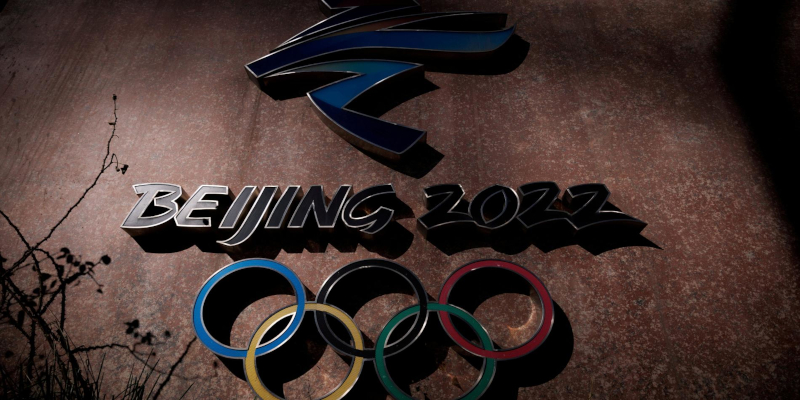Dharamshala, 8th December: Since winning the bid in 2015, Beijing’s hosting of the 2022 Winter Olympics has been a source of contention. Tibetan campaigners lobbied the International Olympic Committee that year, hoping to prevent Beijing from hosting the games due to its deteriorating human rights record.
More troubling information regarding the Chinese Communist Party’s activities has emerged since then, including officials’ efforts to jail hundreds of thousands of Uyghur Muslims in “re-education” camps that serve as propaganda centers. Last year, Hong Kong approved a broad national security law that resulted in the detention of scores of activists, legislators, and journalists.
While China has recently been criticized for allegedly suppressing tennis star Peng Shaui. After accusing a former top Communist Party member of sexual assault, Shaui went missing for many weeks, leading the Women’s Tennis Association to cancel all of its tournaments in China. As claims of human rights violations in China have increased, governments have been pressured to boycott Beijing.
The White House on Dec. 6 said the US will stage a diplomatic boycott of the Beijing Olympics in February in response to alleged human rights abuses by the country. Because athletes are still able to compete in the forthcoming winter games, the diplomatic boycott should have little impact on how the US competes. When the United States boycotted the 1980 Moscow Olympics in protest of the Soviet Union’s invasion of Afghanistan, more than 60 countries participated, and athletes were forbidden from competing.
While this boycott is unlikely to have the same impact as the one in 1980, it does represent a problem for worldwide sponsors with a presence at the Olympics. Human rights activists are also pressing for corporate sponsors to withdraw from the games, although major brands such as Coca-Cola and P&G have so far refrained.







Leave a Reply